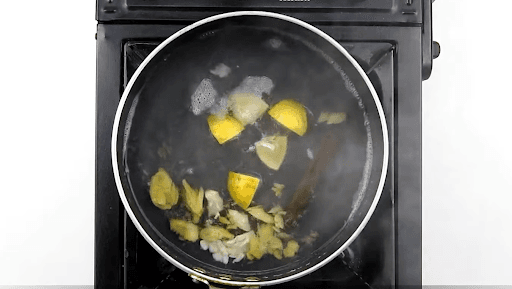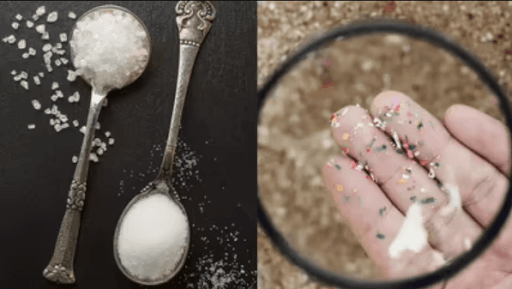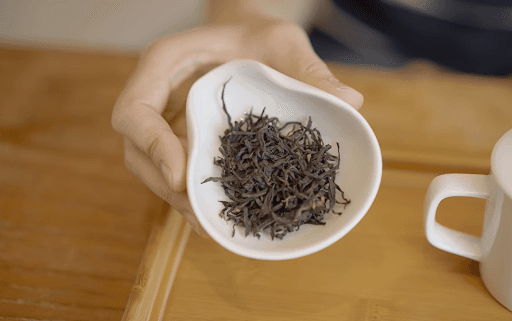Diabetics Get "Cataracts" All The Time, UNLESS They Do This!
Cataracts are one of the leading causes of blindness in the United States. While there is no guaranteed way to prevent them, making certain lifestyle changes can help slow their progression, particularly in those with diabetes.
Healthy eating plays a crucial role in maintaining eye health. Including foods high in antioxidants, especially vitamins C and E, can provide protective benefits for your eyes.
- Fruits like oranges, grapefruit, and strawberries are rich in vitamin C.
- Nuts such as almonds and peanuts provide vitamin E.
- Foods containing lutein and zeaxanthin, like eggs and leafy greens, offer additional protection.
Smoking can significantly increase the risk of developing cataracts. This is due to the production of free radicals that damage eye cells, leading to deterioration.
"Quitting smoking can reduce your risk of cataracts, improve lung and heart health, and enhance overall well-being."
For individuals with diabetes, controlling blood sugar levels is essential in reducing the risk of cataracts. High blood sugar can cause lens swelling and contribute to cataract development.
Having regular eye examinations is vital for detecting and preventing complications associated with diabetes, such as cataracts, glaucoma, and macular degeneration.
- Those aged 40 to 64 should have an eye exam every two years or more frequently if advised by a healthcare professional.
- Individuals 65 and older should have annual exams to monitor for increased risks.
Regular monitoring can help identify eye health issues early, allowing for timely interventions to maintain vision and eye health.
In summary, adopting a healthy lifestyle with these measures can reduce the risk of cataracts for individuals with diabetes. A focus on nutrition, quitting smoking, managing diabetes effectively, and having regular eye examinations can all contribute to preserving eye health.
From Around The Web
Healthy Shark is a blog & weekly newsletter that curates trending news and products related to health and wellness from around the web. We also gather content from various sources, including leading health professionals, and deliver it directly to you.
Please note that we may receive compensation if you purchase any products featured in our newsletter. Healthy Shark is not affiliated with, nor does it endorse, any health professionals whose content may appear in our newsletter. The information provided is for general informational purposes only and should not be considered medical advice.
The information provided is not intended to replace professional medical advice, diagnosis, or treatment. All content, including text, graphics, images, and information available is for general informational purposes only. We do not guarantee the accuracy or completeness of any information presented and assume no liability for any errors or omissions. The content is subject to change without notice. We encourage you to verify any information with other reliable sources and consult your physician regarding any medical conditions or treatments.






